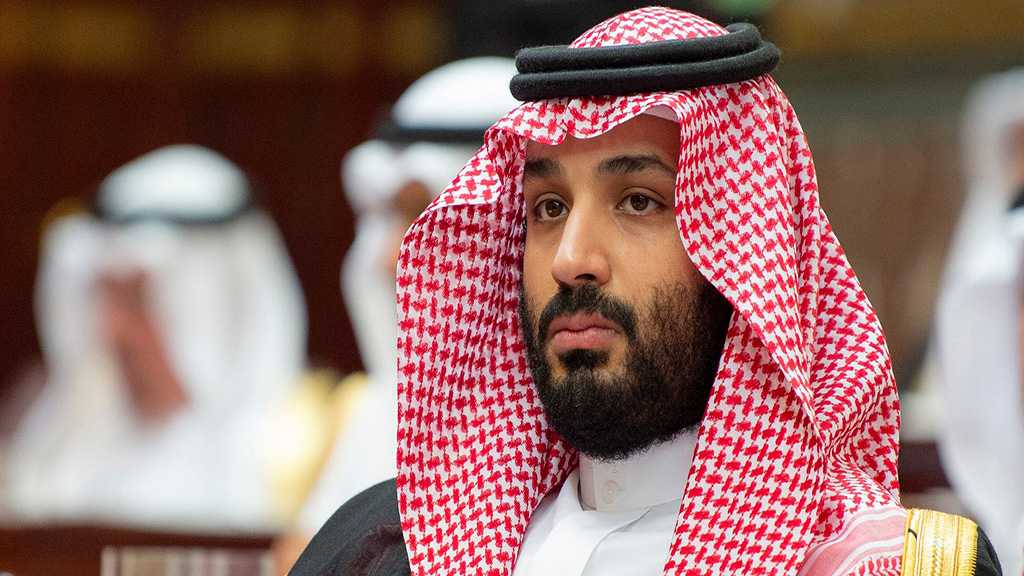
MBS Has a Toxic Record of Recklessness, the Trump Administration Doesn’t Need Him

WP Editorial Board
A common theme has emerged in the Trump administration’s rhetoric about Saudi Arabia’s murder of journalist Jamal Khashoggi. The president and his top aides keep saying they intend to get to the bottom of the case and to hold all those responsible accountable. But there is always one caveat: Any action must be consistent with “maintaining the important strategic relationship between the United States and Saudi Arabia,” as the State Department put it on Saturday.
The implication is clear: Nothing can disrupt the White House’s bond with Crown Prince Mohammed bin Salman, the kingdom’s most powerful figure. That imperative apparently has prompted President Trump to resist the CIA’s firm finding that the crown prince was responsible for ordering Mr. Khashoggi’s murder. And it has so far prevented the State Department from publicly stating what conclusions the United States has reached about the case — though Mr. Trump vaguely spoke of a report this week.
The administration is right that the relationship with Saudi Arabia, which dates to President Franklin D. Rooosevelt’s administration, is worth preserving. But it is exaggerating the importance of a country that gets far more from the United States than it delivers. It is also mistakenly conflating the Saudi regime with one 33-year-old prince — a man who in a handful of years has run up a toxic record of recklessness.
As we have previously written, Mr. Trump appears to greatly overvalue Saudi Arabia as a weapons purchaser, an oil producer and an “ally” against Iran. In fact, the regime is not delivering on any of those fronts. It has completed only a small fraction of the $110 billion in arms purchases Mr. Trump touts. It is reportedly considering a cut in oil production, despite Mr. Trump’s entreaties to step up pumping.
As a military partner in pushing back against Iranian ‘aggression,’ Saudi Arabia has been worse than useless. The intervention in Yemen launched by Mohammed bin Salman produced a humanitarian catastrophe while strengthening Iran’s position.
Mohammed bin Salman has been good at charming Westerners with talk of religious reform and economic modernization, but in practice he has done enormous damage to those causes. He has imprisoned scores of liberal Saudis who support reform, including the women who pushed for the right to drive. In overseeing the murder of Mr. Khashoggi, he silenced an influential journalist who endorsed his goals while criticizing his methods. He has backed away from several major economic reforms.
The United States cannot force Mohammed bin Salman’s removal from power, and the fact that he may remain is another rationale for the administration’s response. But it is entirely possible to sanction and shun the Saudi leader while still doing business with his regime. The Saudi royal family cannot afford and will not allow a rupture with the United States. The weakening of the crown prince would likely increase stability in Saudi Arabia and across the Middle East. In contrast, a failure to check Mohammed bin Salman will invite even more destructive behavior.
Source: The Washington Post, Edited by website team
Comments



